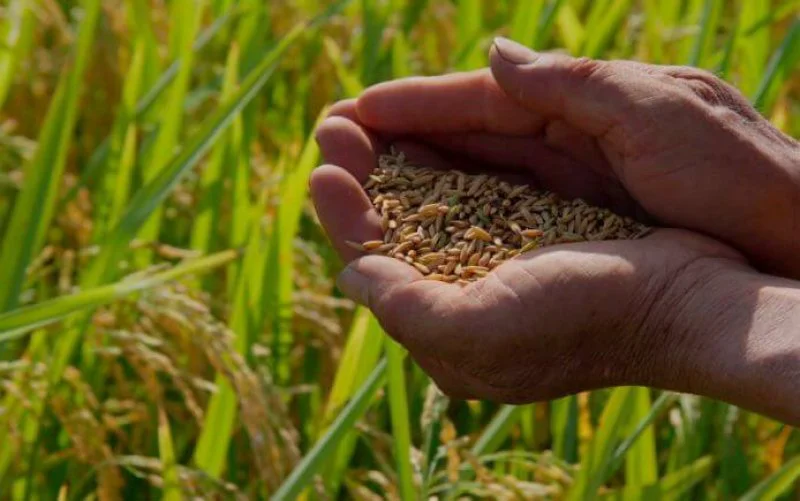Viewpoint: Can pseudoscience feed us?
Viewpoint: Can pseudoscience feed us? — Indian sustainability expert challenges anti-ag biotechnology activists


The internet is swamped with myths, misconceptions, half-truth, and baseless claims propagated by several entities (unqualified individuals in the guise of experts, groups of non-profit organizations sharing common ideologies) with questionable credentials and ostensible motives.
While the plant science industry is working hard to find innovative and sustainable solutions to feed the world of 9 billion by 2030, the true cost of these kinds of counterproductive propaganda is enormous… However, due to unrealistic, borrowed ideologies and unjustified negative propaganda, several beneficial technological innovations are delayed or do not see the light of the day at all. Genetic engineering and the myths surrounding it is one of the classic examples.
…
These entities with vested interests vociferously spread their ideology-based pseudo-science propaganda among unsuspecting public with zero sensitivity towards real issues. Sometimes the real problem is different from what is perceived or propagated by these entities.
They neither offer any sensible and workable solutions to solving the greatest socio-economic (hunger, malnutrition, and poverty) or ecological problems (e.g., depletion of natural resources, soil degradation) nor can they justify their claims with strong scientific evidence.
Raghavan Sampathkumar at Indofil Industries has over 17 years of experience working across Asia Pacific in various sectors such as agri-inputs, protein (animal & plant), international trade, biotechnology, and animal nutrition.
This is an excerpt. Read the original post here.

 | Videos | More... |

Video: Nuclear energy will destroy us? Global warming is an existential threat? Chemicals are massacring bees? Donate to the Green Industrial Complex!
 | Bees & Pollinators | More... |

GLP podcast: Science journalism is a mess. Here’s how to fix it

Mosquito massacre: Can we safely tackle malaria with a CRISPR gene drive?

Are we facing an ‘Insect Apocalypse’ caused by ‘intensive, industrial’ farming and agricultural chemicals? The media say yes; Science says ‘no’
 | Infographics | More... |

Infographic: Global regulatory and health research agencies on whether glyphosate causes cancer
 | GMO FAQs | More... |

Why is there controversy over GMO foods but not GMO drugs?

How are GMOs labeled around the world?

How does genetic engineering differ from conventional breeding?
 | GLP Profiles | More... |

Alex Jones: Right-wing conspiracy theorist stokes fear of GMOs, pesticides to sell ‘health supplements’




 Viewpoint — Fact checking MAHA mythmakers: How wellness influencers and RFK, Jr. undermine American science and health
Viewpoint — Fact checking MAHA mythmakers: How wellness influencers and RFK, Jr. undermine American science and health Viewpoint: Video — Big Solar is gobbling up productive agricultural land and hurting farmers yet providing little energy or sustainabilty gains
Viewpoint: Video — Big Solar is gobbling up productive agricultural land and hurting farmers yet providing little energy or sustainabilty gains Trust issues: What happens when therapists use ChatGPT?
Trust issues: What happens when therapists use ChatGPT? Fighting deforestation with CO2: Biotechnology breakthrough creates sustainable palm oil alternative for cosmetics
Fighting deforestation with CO2: Biotechnology breakthrough creates sustainable palm oil alternative for cosmetics California, Washington, Oregon forge immunization alliance to safeguard vaccine access against federal undermining
California, Washington, Oregon forge immunization alliance to safeguard vaccine access against federal undermining 30-year-old tomato line shows genetic resistance to devastating virus
30-year-old tomato line shows genetic resistance to devastating virus The free-range chicken dilemma: Better for birds, but with substantial costs
The free-range chicken dilemma: Better for birds, but with substantial costs ‘You have to treat the brain first’: Rethinking chronic pain with Sanjay Gupta
‘You have to treat the brain first’: Rethinking chronic pain with Sanjay Gupta
